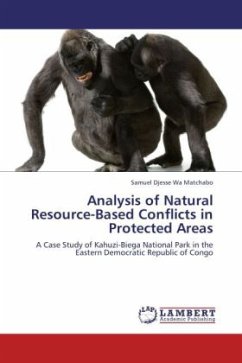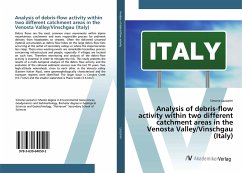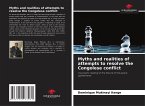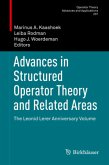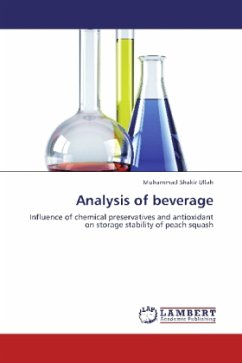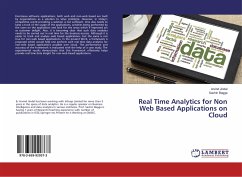Since early 1970s, ICCN/PNKB has been striving to protect the natural resources in and around PNKB using some drastic measures. However, the lowland surrounding communities of PNKB, who want to use these resources for their livelihoods and survival, feel pronouncedly deprived of their right to life and become very hostile to ICCN/PNKB. To top it all, non-state armed groups, let alone FDLR combatants, have taken refuse in the same park and are now accused of human rights abuses all around PNKB: killing, looting, abducting, raping, to mention but a few. Alarmingly, both ICCN/PNKB workers and the people living in lowland surrounding communities often fall victims. Therefore, this book provides an in-depth analysis of the structures, stakeholders and dynamics of these natural resource-based conflicts in and around PNKB in order to get a better understanding of the context in the lowlands of PNKB and suggest options. To make it a comprehensive study, different theories about natural resource-based conflicts were reviewed; unstructured interview and inductive content analysis were used to collect data; and DFID Conflict Analysis Framework was applied in the analysis of field data.

